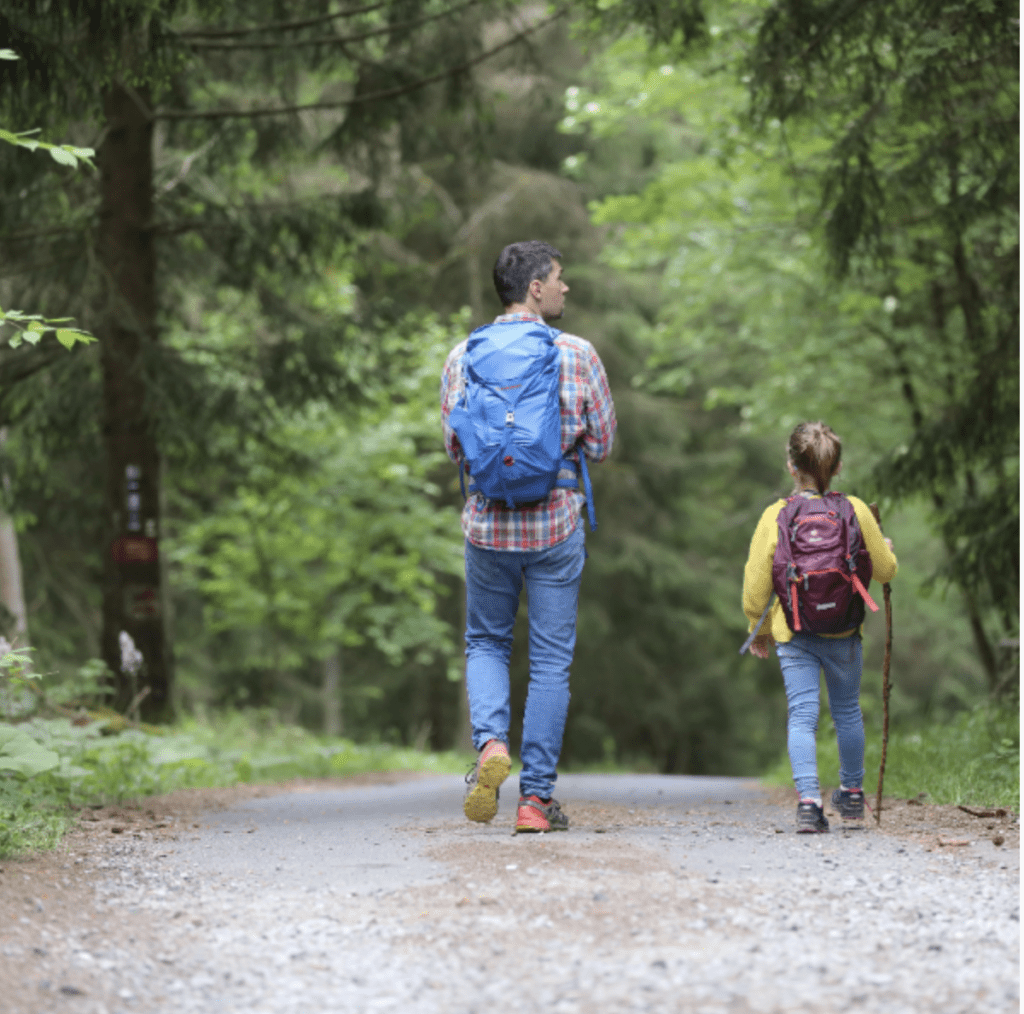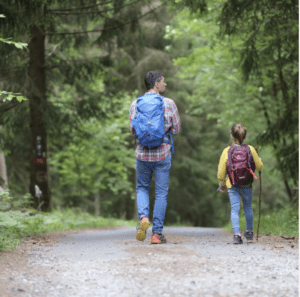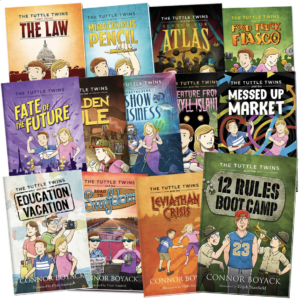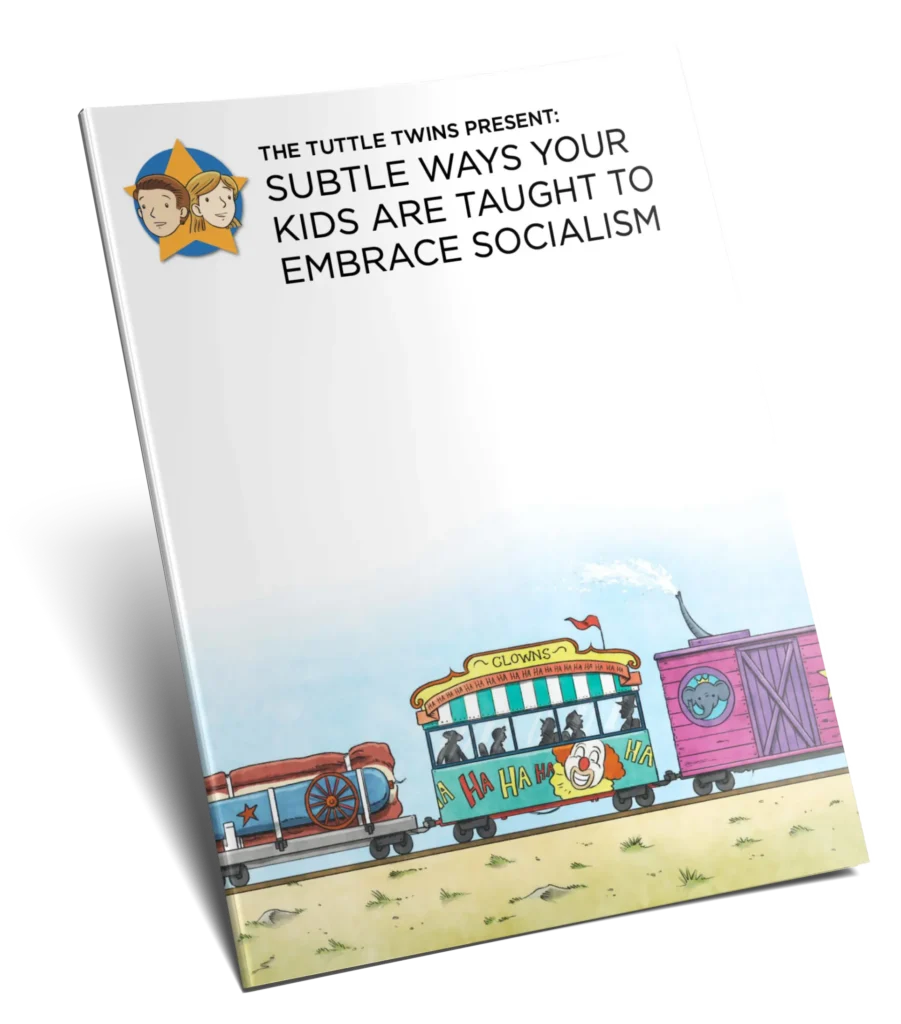SumthinWhittee
Hopefully Santa gives these out this year. Best gift to help counter the elementary school propaganda. #tuttletwins

We most often associate self reliance with adults. We might think a person is self-reliant if they can take care of themselves, provide for their family, hold down a job or household, have sufficient food and supplies for an emergency, or just seem to generally have it together in life. But self-reliance is something that can start much earlier than adulthood.
Start young!
When children are given opportunities from an early age to practice self-reliance, they grow up to be successful in taking care of themselves and those within their area of influence.
Parents, grandparents, and friends can assist in the development of these traits in a child. They can be good examples by serving others, including family members. They can teach a child how to be self reliant by giving them opportunities to do things for themselves and by themselves, and for other people.
Some activities that may pique a child’s interest in self reliance would be letting them plan a backyard campout or family picnic, plan a family game night, plant and tend a garden or patio pot, plan a visit to a care facility or rehab center, or plan and carry out service for someone in need. It is through self-reliance boosting activities that a child can learn this skill for themselves—plus it helps build their confidence.
Patience is a virtue
Teaching your child patience is another facet of them becoming a more self-reliant person. With practice, they get better at coping with frustration, and difficulties that come with taking charge of their own life and well-being.
You want your child to know that things take time and that the outcome may not always be what they wanted. As they plan and execute the activities they are in charge of, things don’t always go as planned—and that’s actually a good thing! Learning to be patient during those times will help them keep calm when things go awry.

Let them make their own decisions
This can be challenging for parents, but the growth your child can experience as they own the things they’re responsible for is well worth the convenience that may come from doing things for them. Introducing your child to household chores is a great way to help them learn to own the things they’re in charge of. Give up on perfection and applaud their efforts—it may take twice as long to clean the bathroom or cook a meal with your child at the helm, but it will be worth it in the long run.
The joy of seeing your child’s accomplishments and good works and the smile on their face is priceless. Knowing you helped them get there is a satisfying feeling.
Financial self-reliance
Teaching your child good financial habits and skills when they are young will save them a lifetime of hardship. Teach them how to make and follow a budget, and let them open their own savings account when they are old enough.
Do your young children know how much coins and bills are worth? Can your older children make change, and count money?
Use the tools they have
Knowing how to find and use resources to acquire skills and knowledge is an important factor in self-reliance. Help your kids learn that there is no reason to not learn anything they want to!
A world of knowledge is literally in their pocket, or a click away on their computer or tablet. Do they see the technological wonders of our day as a source of entertainment, or as a tool to be used to serve them in their endeavors? Encourage your kids to always be seeking new knowledge. Anything they want to learn is at their fingertips! The more they learn, the more they increase their natural tendency to stay informed and educated.
As your child grows, their goal to become self-reliant should grow, also. Learning and doing simple life skills such as managing their money, cleaning up after themselves, getting to school or work on time, will help them feel more self-reliant and responsible. 
As your child progresses they will feel more confident, brave, and even courageous.They will learn that the value of hard work is an important attribute of self-reliant people. They will develop leadership skills and know how to be responsive to others.
Living a self-reliant lifestyle means your child can learn to do things for themselves. They learn to trust in their own abilities. They learn that the choices they make are the right ones for them. They are optimistic and confident in their ability to manage themselves.
Ethan and Emily Tuttle are great examples of self-reliant kids. Their parents empower them to take on big challenges, make big choices, and own their successes and failures. The Tuttle Twins books are an excellent resource for helping your kids learn that kids can do big and important things.

There are many subtle ways that socialist ideas are being introduced, taught, and reinforced directly to your children.
Our e-book walks through several examples to help raise your attention to this agenda so you can help your children avoid being indoctrinated to support the state.
Hopefully Santa gives these out this year. Best gift to help counter the elementary school propaganda. #tuttletwins
When ur bedtime story teaches ur girl about the federal reserve & what a crock of crap it is. Vocab words: Medium of exchange & fiat currency. #tuttletwins for the win
“My just-turned-5 year old told me he is planning to read all the #TuttleTwins books today. It’s 10AM on Saturday and he’s already on his third. #Homeschooling ftw.”